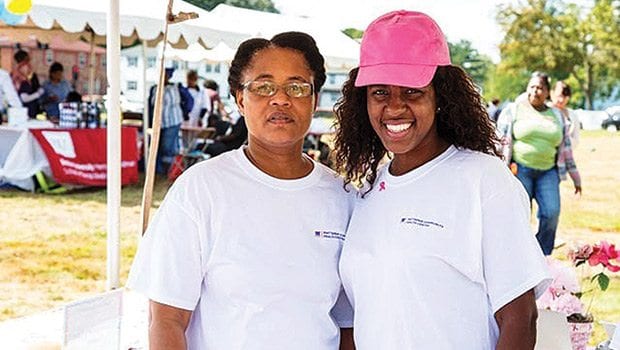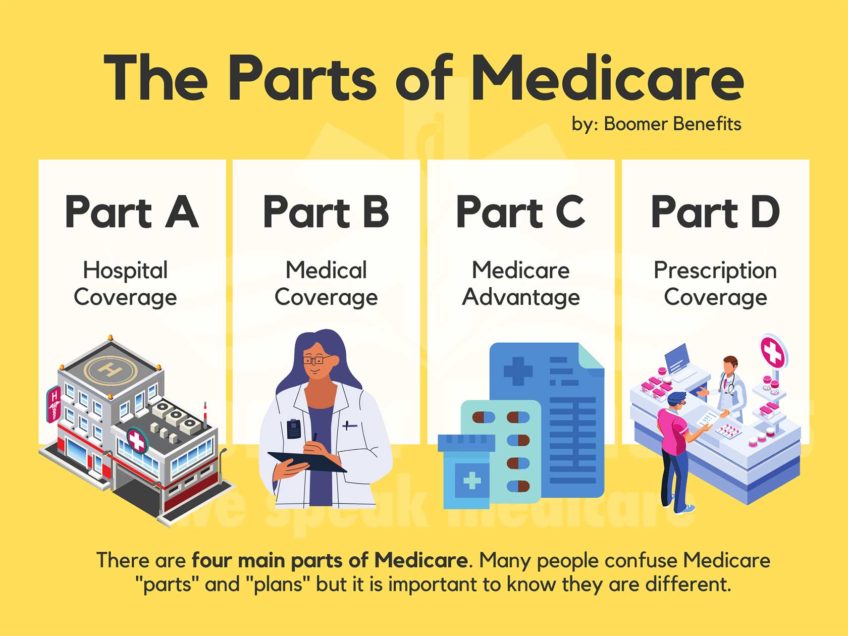Breast cancer awareness: Detection and prevention
Special Advertorial Health Section

Sadly, breast cancer is one of the most common cancers diagnosed in women. But it is also a cancer doctors have researched thoroughly and know much about, so it can be treated effectively. Finding breast cancer early reduces the chances that the cancer has spread to other areas of the body. Early detection of breast cancer is extremely important — it can save lives and increase treatment options.
Breast cancer detection
There are multiple kinds of exams that can be used to detect breast cancer: Mammograms, clinical breast exams and breast self exams.
-
Mammograms are an extremely helpful way to find breast cancer at an early stage. A Mammogram is a low dose X-ray that detects changes in the breasts that may be too small or too deep to feel. Mammograms can detect breast cancers long before they cause any symptoms or problems, and early detection could save your life.
-
A clinical breast exam can also help detect changes and is performed by a health care professional, such as your primary care doctor. Similar to the Mammogram, your doctor is also able to detect changes in the breast by using a finger-touch technique (no X ray required).
-
A breast self-exam is also helpful for detection and something any woman can do for herself at home. A breast self-exam helps a woman become familiar with her breasts so that she can identify any changes in the breast that should be reported to the doctor.
The following breast cancer screening schedule is recommended by the American Cancer Society:
- Age 40 and over: Mammogram and clinical breast exam annually.
- Age 20s and 30s: Clinical breast exam at least once every three years.
- Starting in 20s: Monthly breast self exam.
Free or inexpensive mammograms are available for low-income women who do not have insurance. For more information, call the U.S. Centers for Disease Control and Prevention at 1-888-842-6355 and ask for the National Breast and Cervical Cancer Early Detection Program.
Cancer prevention: Regular screenings and a healthy lifestyle
While doctors are still working to understand the underlying causes of breast cancer, they do know that regular screening along with healthy lifestyle habits can make a difference in cancer prevention. Living a healthy lifestyle can help with not only with breast cancer prevention, but can also potentially be helpful for lowering one’s risk for other cancers, heart disease and a wide range of other serious conditions. These lifestyle recommendations include:
-
Maintain a healthy weight.
-
Eat plenty of fruits and vegetables daily, make your grains whole grains and cut down on red meat. Consider reducing fat in your diet as well—especially saturated fat and trans fat.
-
Get plenty of exercise. Aim for at least 30 minutes of moderate exercise five days a week. Walking is a great all-around activity.
-
Limit your drinking to no more than one alcoholic beverage a day. Alcohol increases the risk of several types of cancer, including breast cancer.
-
Decide carefully before starting or continuing hormone replacement therapy. Long-term use of hormone replacement therapy after menopause may increase breast cancer risk. Discuss your options with your doctor.
-
Learn about medical conditions that you may have or be at risk for developing. Control chronic health conditions.
-
Schedule your health checkups on time.
-
Avoid tobacco products and secondhand smoke. If you smoke, quit today.
-
Practice stress management—your emotions can affect your physical health.
-
Get enough sleep each night. Sleep helps to recharge your immune system as well as give you the energy you need each day.






